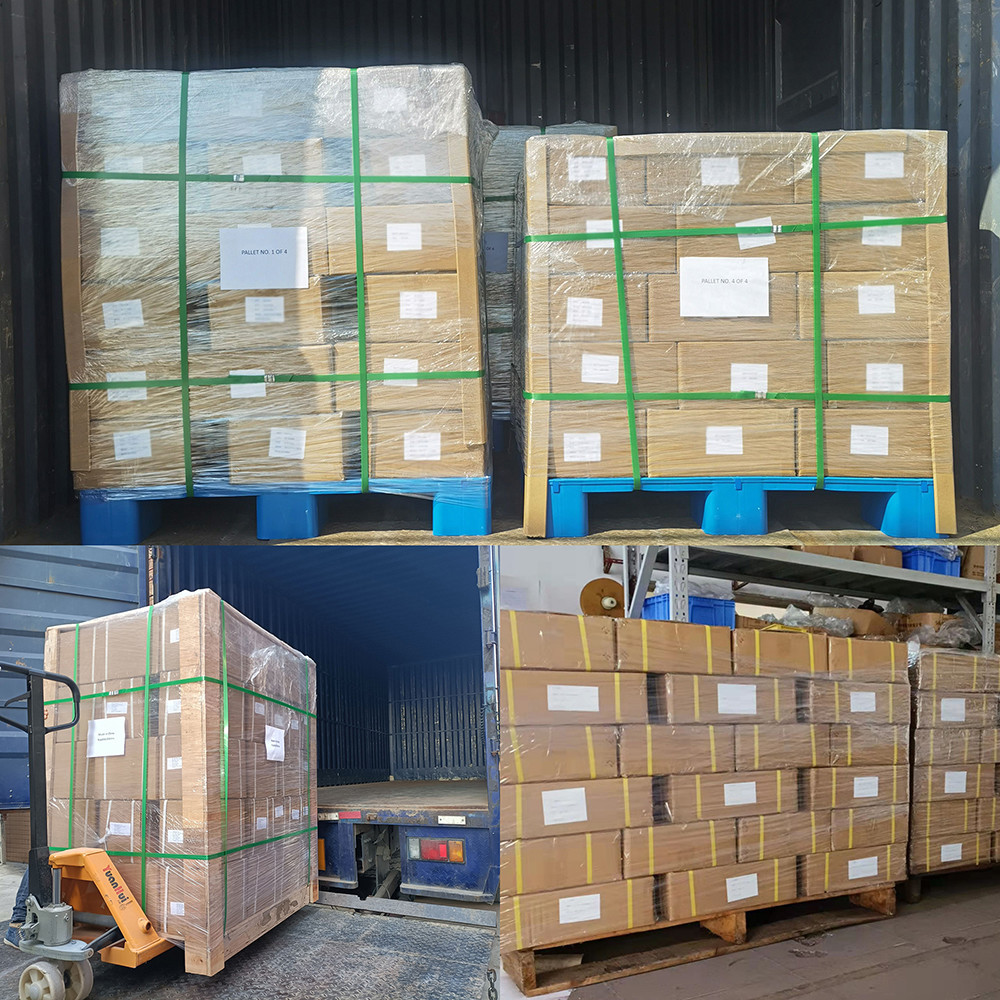Godson Technology Co., Ltd |
|
Verified Suppliers
|
|
LiFePO4 Stick Type 6.4 V Battery 6600mAh JST VH 2P Connector
IFR26650
Product Parameters:
| Pos. | Product Parameters | Data |
| 1 | Standard Charge Mode | CC/CV |
| 2 | Cycle Life | ≥2000 times |
| 3 | Operating Temperature | Charge:(0℃)-(45℃) Discharge(-20℃) - (+60℃) Storage Temperature: (-20℃) - (+50℃) |
| 4 | Expected Life | 10 years |
| 5 | Packaging | Standard export package or customized package |
Difference between LiFePO4 batteries and Li-ion polymer batteries:
Lithium iron phosphate (LiFePO4, LFP) batteries
Lithium iron phosphate is a lithium-ion polymer battery that uses
LiFePO4 as the cathode material and a metal-backed graphite carbon
electrode as the anode.
The LiFePO4 battery, also known as the LFP battery, is a
rechargeable battery. It is the safest type of lithium battery on
the market today. It is small, lightweight, and has a cycle life of
thousands of cycles.
Lithium-Ion Polymer (LIPO) Batteries
A lithium-ion polymer battery is a rechargeable battery that works
primarily on the movement of lithium ions between the positive and
negative electrodes. Lithium-ion batteries use an embedded lithium
compound as the electrode material. The commonly used lithium-ion
battery cathode materials are lithium cobaltate (LCO battery).
Are lithium iron phosphate (LFP) batteries suitable for emergency
lighting?
Lithium iron phosphate (LiFePO4 or LFP) is well suited for emergency lighting. Compared to alternatives such as nickel-cadmium (NiCd) and nickel-metal hydride (NiMH), lithium iron phosphate (LFP) batteries offer several advantages:
1. Energy efficiency. LFP is more efficient than NiCd in two ways.
--Self-discharge. All rechargeable batteries lose charge over time, but the rate with LFP is only 3-5% per month. NiCd loses 15% in the first 24 hours, then drops to 10-20% per month (depending on temperature). The result is that the charger in an emergency unit with NiCd or NiMH batteries operates almost continuously, while the charger in the LFP circuit operates at low current during short and infrequent bursts.
--Charging efficiency. During the charging process of any battery, energy is lost in the form of heat. the charging efficiency of LFP is very high, about 95%. the charging efficiency of NiCd is also very high, but only in the early stages of charging. Once the battery reaches 70% capacity, it starts to generate heat and the charging efficiency drops to 85%. This is important because in normal use, the NiCd cells in emergency light accessories will continue to trickle charge to keep them near 100% capacity.
2. Long life.
--LFP batteries have little to no memory effect, so their performance remains almost constant until the end of their service life, which is usually defined as 70% of their rated capacity. Typically, LFP batteries have a life span of 8-10 years.
--The performance (storage) of NiCd and NiMH decreases rapidly with each charge/discharge cycle, so they typically need to be replaced after 3 or 4 years. the emergency lighting routine testing required by BS 5266 helps shorten the life of NiCd batteries. NiCd batteries in new construction projects that have been fully installed during the construction phase typically fail in the first year of their service life, when the main power supply is usually completely shut down overnight. The resulting overnight discharges and daily recharges can degrade NiCd batteries to the point where they can be replaced in the first year of use.
3. Extreme temperature performance.
--High temperature, LFP is not harmed by ambient temperatures up to 60ºC, while NiCd and NiMH can only withstand 55ºC and 50ºC, respectively.
--Low temperature, LFP performs well down to -20ºC, but NiCd and NiMH cannot provide the power needed to run emergency lighting below 0º
Performance Curves of LiFePO4 Cell:
1. LiFePO4 Cell Charge Curve (Charge at 0.1C)
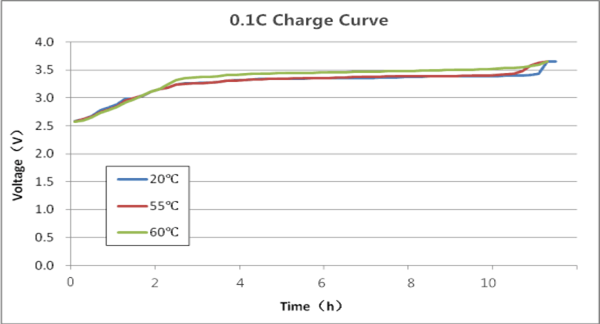
2. LiFePO4 Cell Discharge Curve (Discharge at 0.2C )
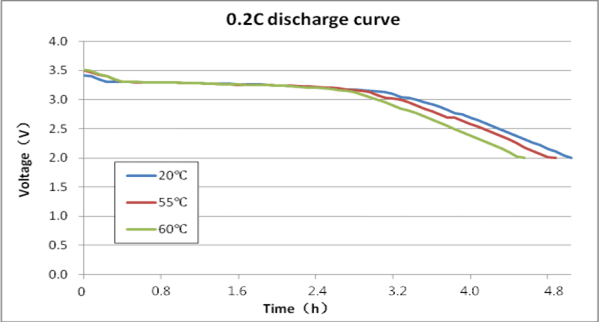
3. LiFePO4 Cell Charge Efficiency At Different Temperature
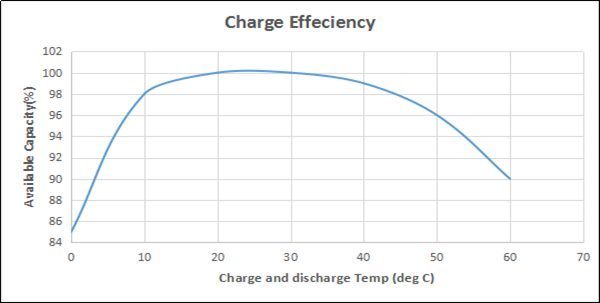
4. LiFePO4 Cell Cycle Life Curve
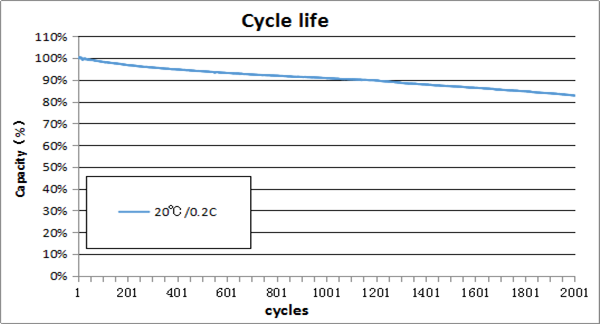
5. LiFePO4 Cell Capacity Change At Smart Floating Charge At 55 degree
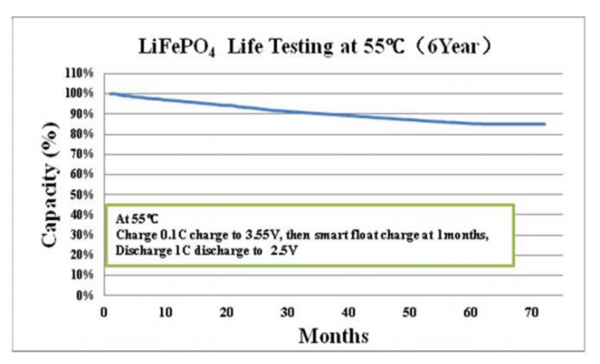
FAQ
Q1:Are these new cells?
yes 100% ,factory direct.
Q2: Are you a trading company or manufacturer?
A: We are globally trusted supplier and manufacturer of emergency
lighting battery, emergency lighting products, whose batteries
range covers Ni-Cd, Ni-MH, LiFePO4,, Lion-polymer and other
relevant lithium batteries.
Q3: Can you do OEM?
A: Yes, OEM is acceptable. You can provide the detailed
specification requirements to us, our engineers can design the most
suitable battery solution for you.
Q4: Is it possible to buy a sample to test?
A: Yes. You can buy a sample to test.
Our Products are Being Shipped.
